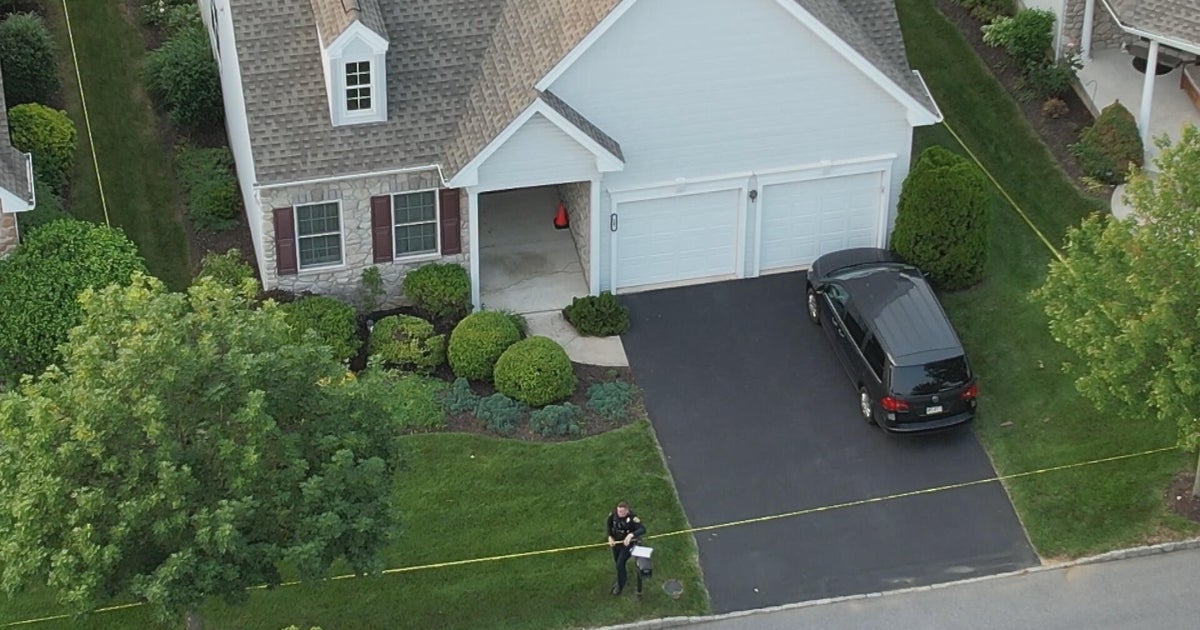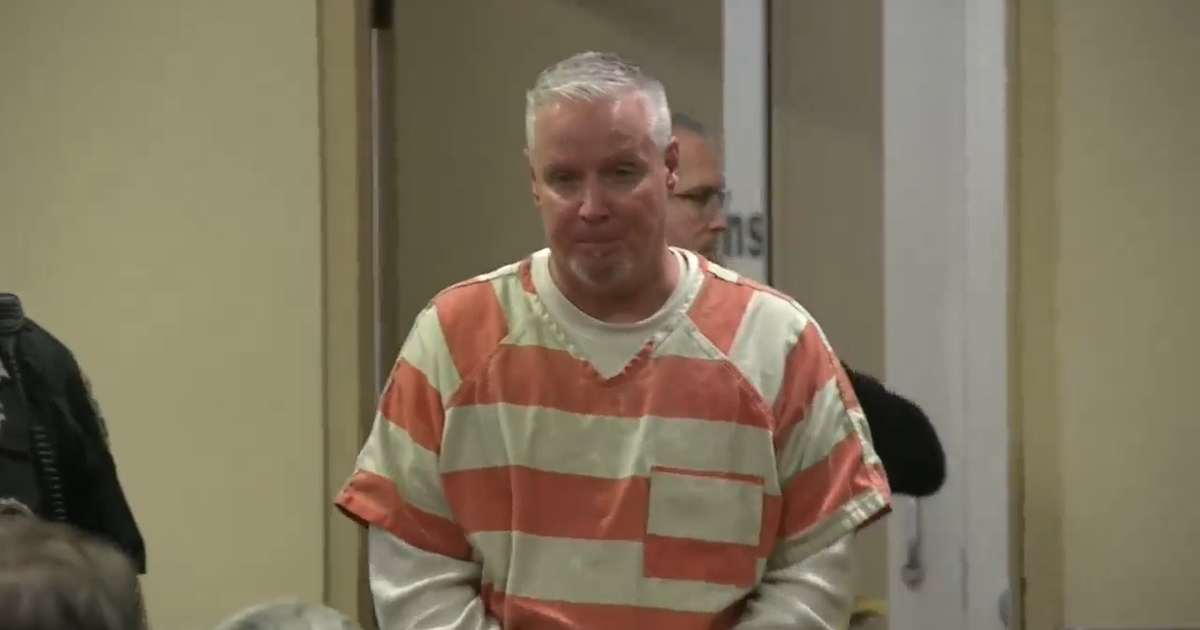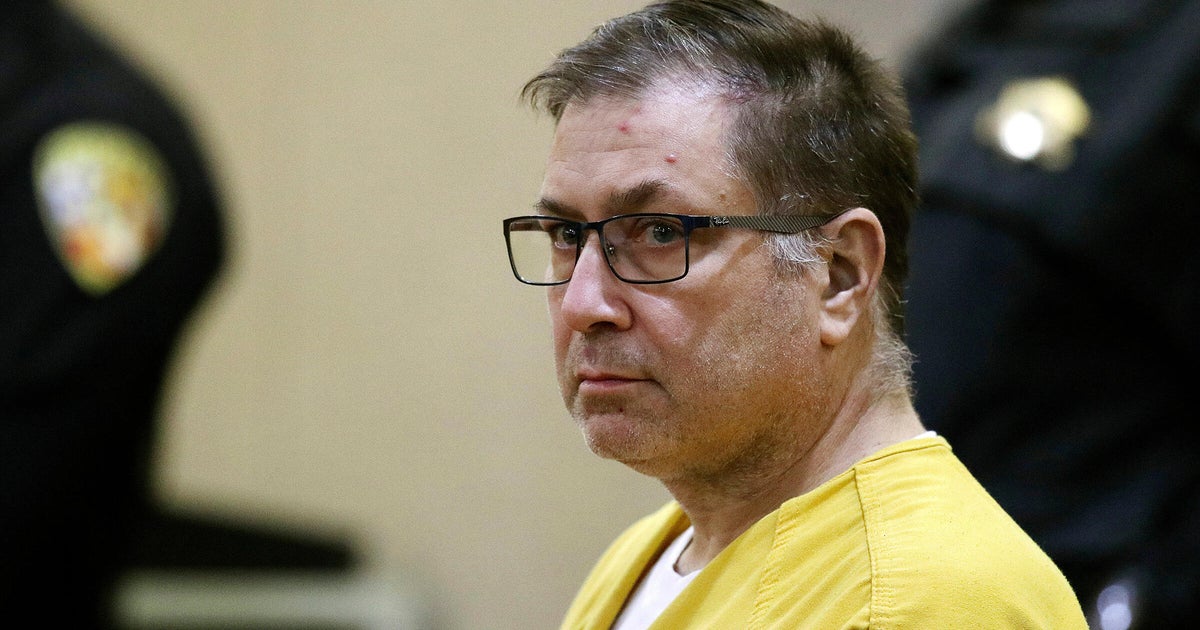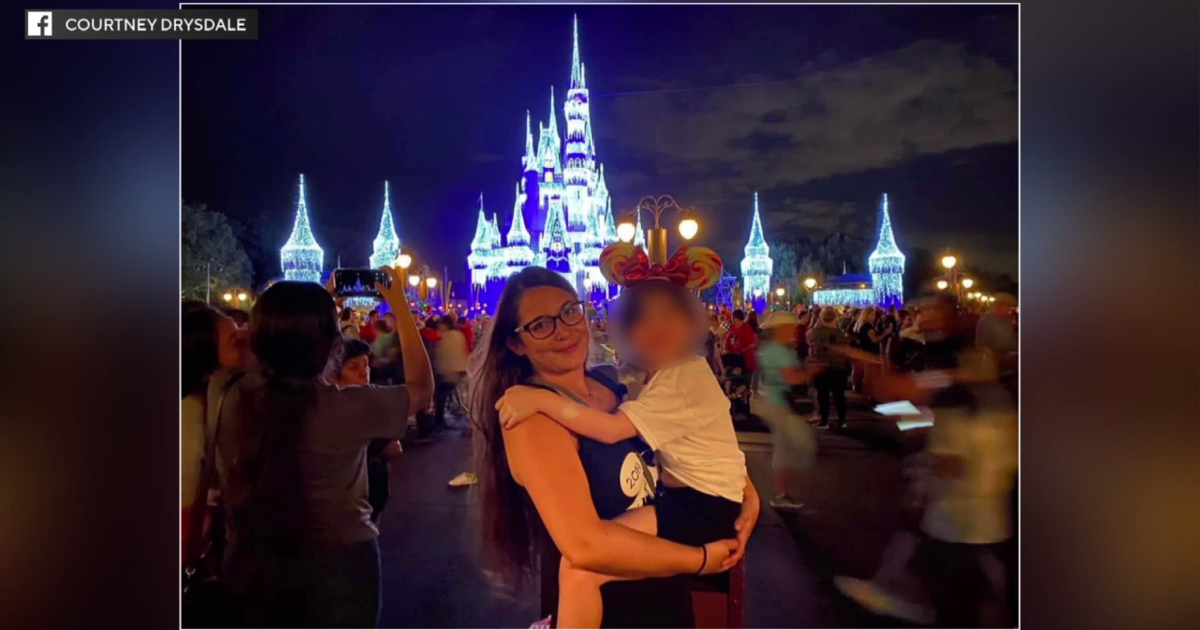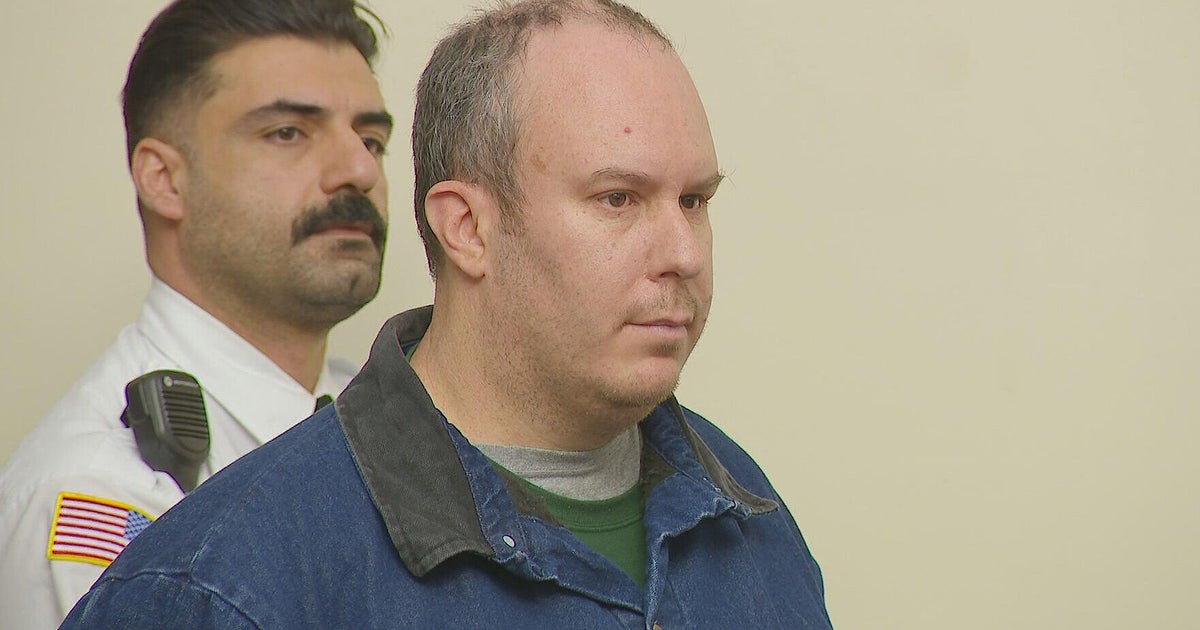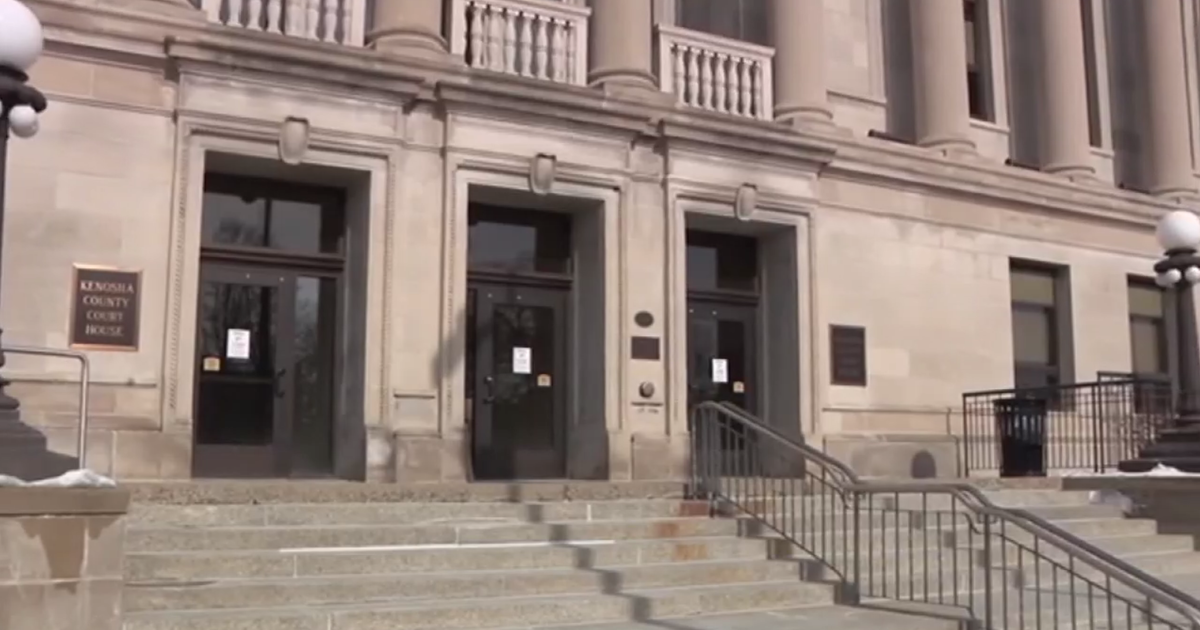Prosecutors: Minn. Man 'Hunted' Suicidal Victims
MINNEAPOLIS (WCCO) -- A judge will decide if a former nurse encouraged two people to commit suicide after talking to them on the Internet. Both sides met Thursday in a Rice County courtroom to give their final arguments.
William Melchert-Dinkel, 48, faces two counts of aiding suicide after Nadia Kajouji of Ottawa, Canada, and Mark Drybrough, of Coventry, England took their own lives. He has pleaded not guilty to both counts.
Investigators said Melchert-Dinkel had conversations with Kajouji and Drybrough, on the Internet, in the days leading up to their deaths.
A judge will decide on a verdict, rather than a jury. Defense attorney Terry Watkins said he wasn't disputing facts in this case, so there was no need for a long list of witnesses and experts.
Melchert-Dinkel would not talk as he left the courthouse on Thursday. Still, over a three-year period, investigators said his words got him in trouble with the law.
During the final arguments, County Attorney Paul Beaumaster said that Melchert-Dinkel suggested suicide methods, such as hanging, to Kajuji and Drybrough. According to Beaumaster, the suggestions came days, even hours, before their deaths.
Beaumaster also argued Melchert-Binkel was not honest about his own identity. He said Melchert-Dinkel posed as a female emergency nurse who also contemplated suicide, to gain trust.
The county attorney said the defendant was targeting the vulnerable and depressed and liked the thrill of the chase.
While Watkins acknowledged most would find the conversations sickening, he argued, Melchert-Dinkel's suggestions did not influence the decision to take their lives.
"There is the shock value, disgust value. How could someone do this? How could someone talk like this," said Terry Watkins, Melchert-Dinkel's defense attorney. "They executed their decision in the manner they intended, without changes."
Watkins pointed out that Kajouji jumped from a bridge, even though the complaint said Melchert-Dinkel suggested hanging. He also argued that Drybrough had already made the decision to commit suicide before the Internet conversation.
Drybrough and Melchert-Dinkel discussed hanging methods, but Watkins argued Drybrough did not follow Melchert-Dinkel's suggestions other than using a noose.
"To my knowledge, no one has gone far enough to say that speech can be basis for conviction on the assisted suicide statue," said Watkins.
The county attorney did not want to comment on this case while the judge is making his decision.
That verdict will come down within 20 days.

